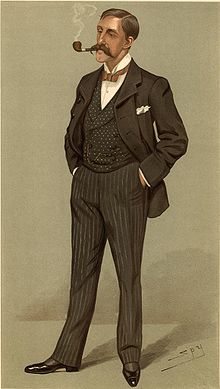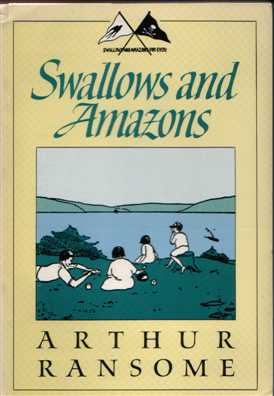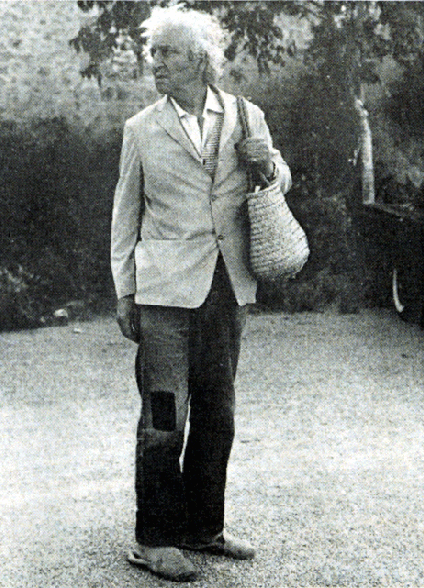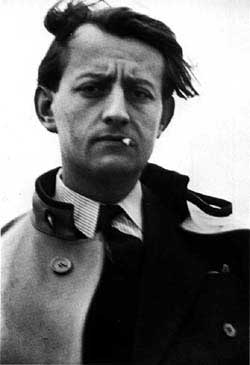Ajvaz, Michal
August 21st, 2010 • Literature

Heir to the philosophical-fantastical tradition of Borges, Calvino, and Perec, The Golden Age is Michal Ajvaz’s greatest and most ambitious work. The Golden Age is a fantastical travelogue in which a modern-day Gulliver writes a book about a civilization he once encountered on a tiny island in the Atlantic. The islanders seem at first to do nothing but sit and observe the world, and indeed draw no distinction between reality and representation, so that a mirror image seems as substantial to them as a person (and vice versa); but the center of their culture is revealed to be “The Book,” a handwritten, collective novel filled with feuding royal families, murderous sorcerers, and narrow escapes. Anyone is free to write in “The Book,” adding their own stories, crossing out others, or even ap- pending “footnotes” in the form of little paper pouches full of extra text—but of course there are pouches within pouches, so that the story is impossible to read “in order,” and soon begins to overwhelm the narrator’s orderly treatise.








































